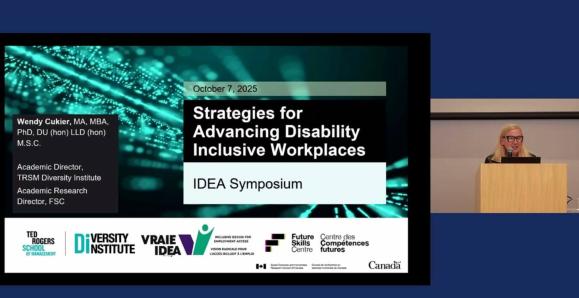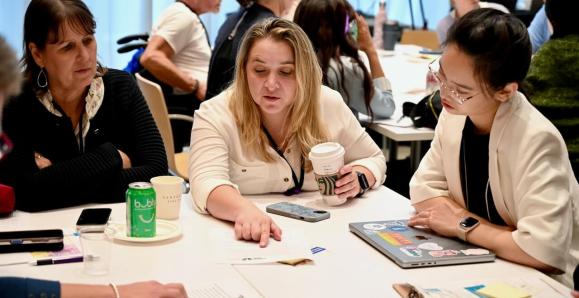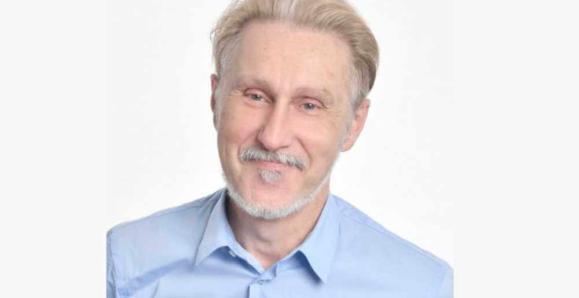
Building workplace capacity to include persons with disabilities
Inclusive Design for Employment Access (IDEA) develops evidence-informed policy, guidance and tools to advance the capacity of employers and other workplace parties to recruit, hire, onboard, retain, mentor and promote persons with disabilities across the full range of employment opportunities.
Welcome to IDEA
Strengthening workplace capacity to accommodate workers with disabilities will help address Canada’s ongoing labour shortages, ensure employers have the talent they need, and help reduce the poverty and marginalization of persons with disabilities.
IDEA supports organizational efforts to build “disability confidence,” through knowledge to practice. See the video for more on IDEA.



